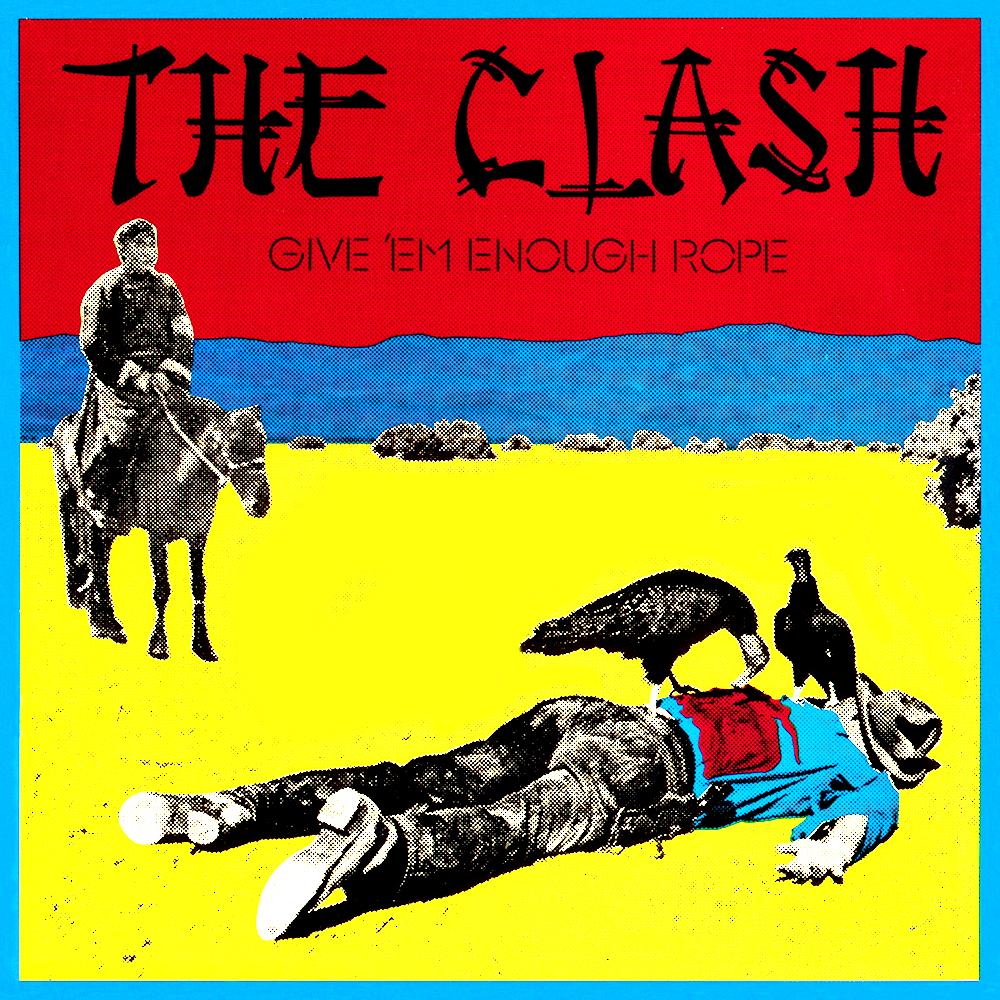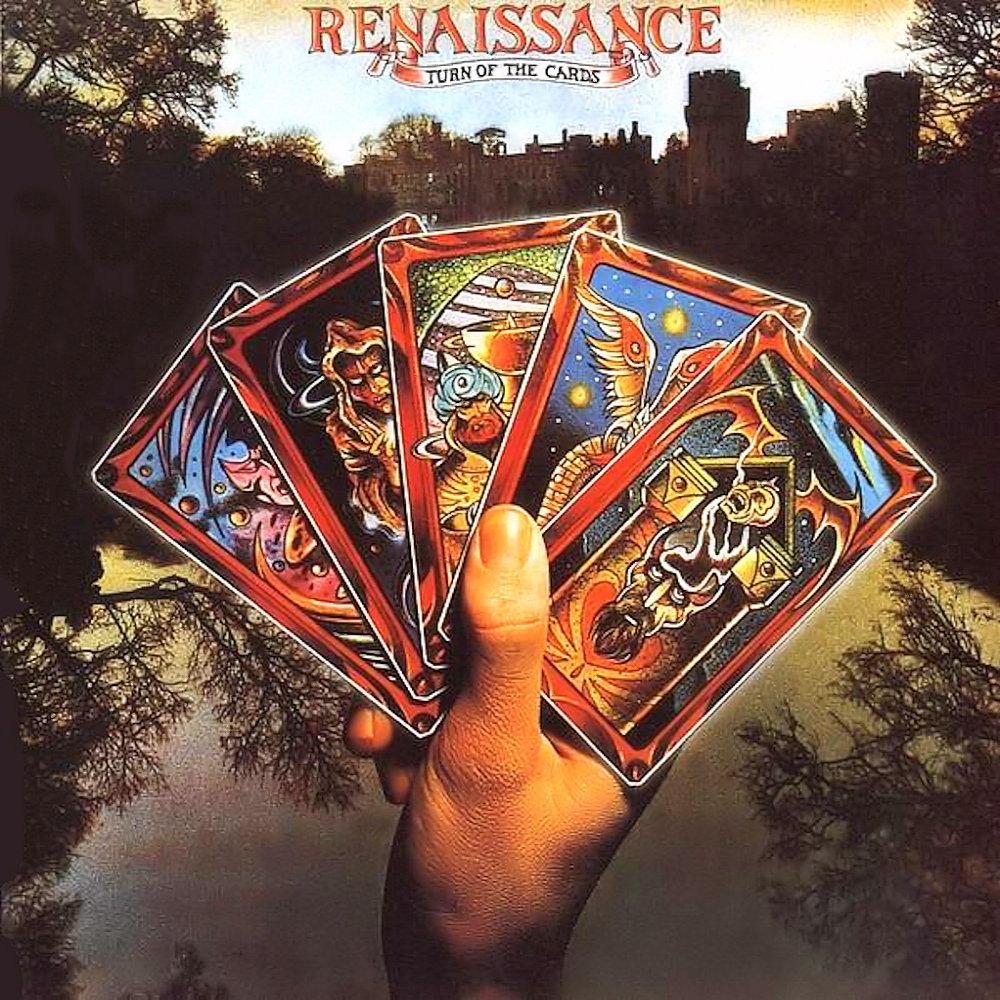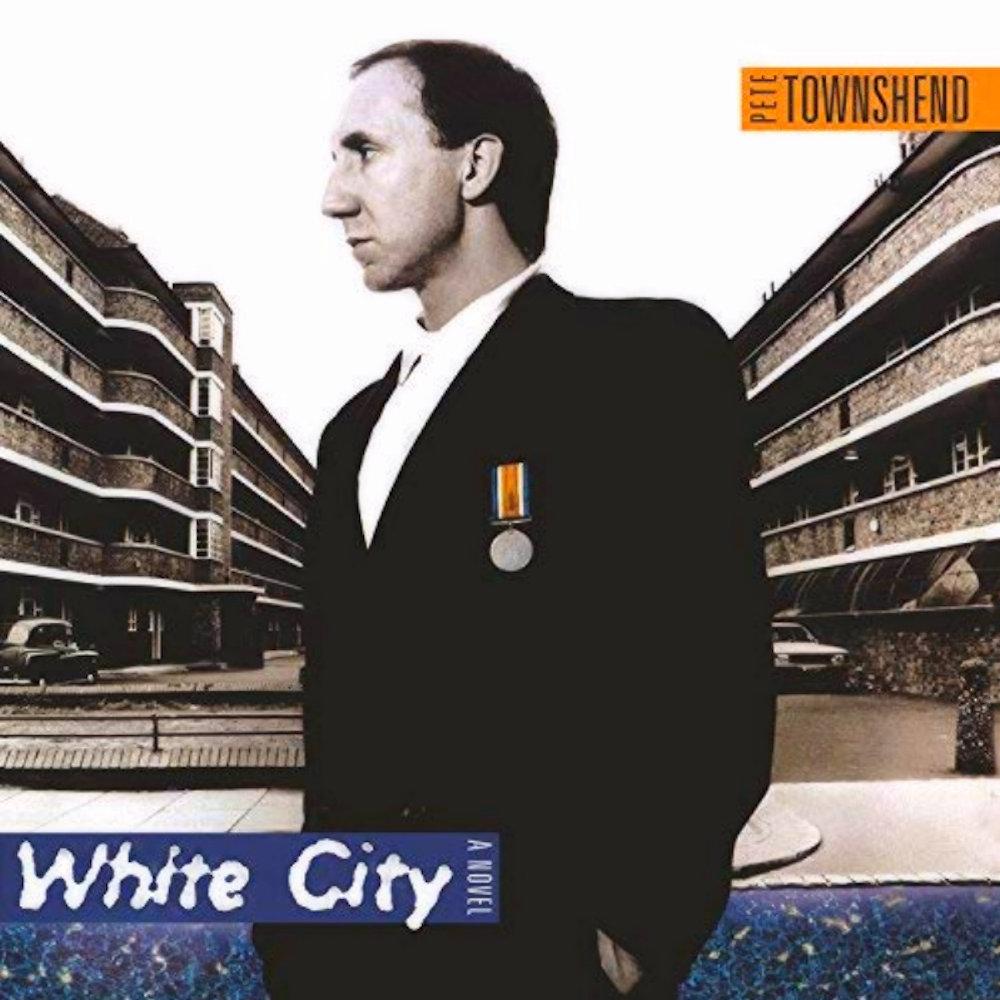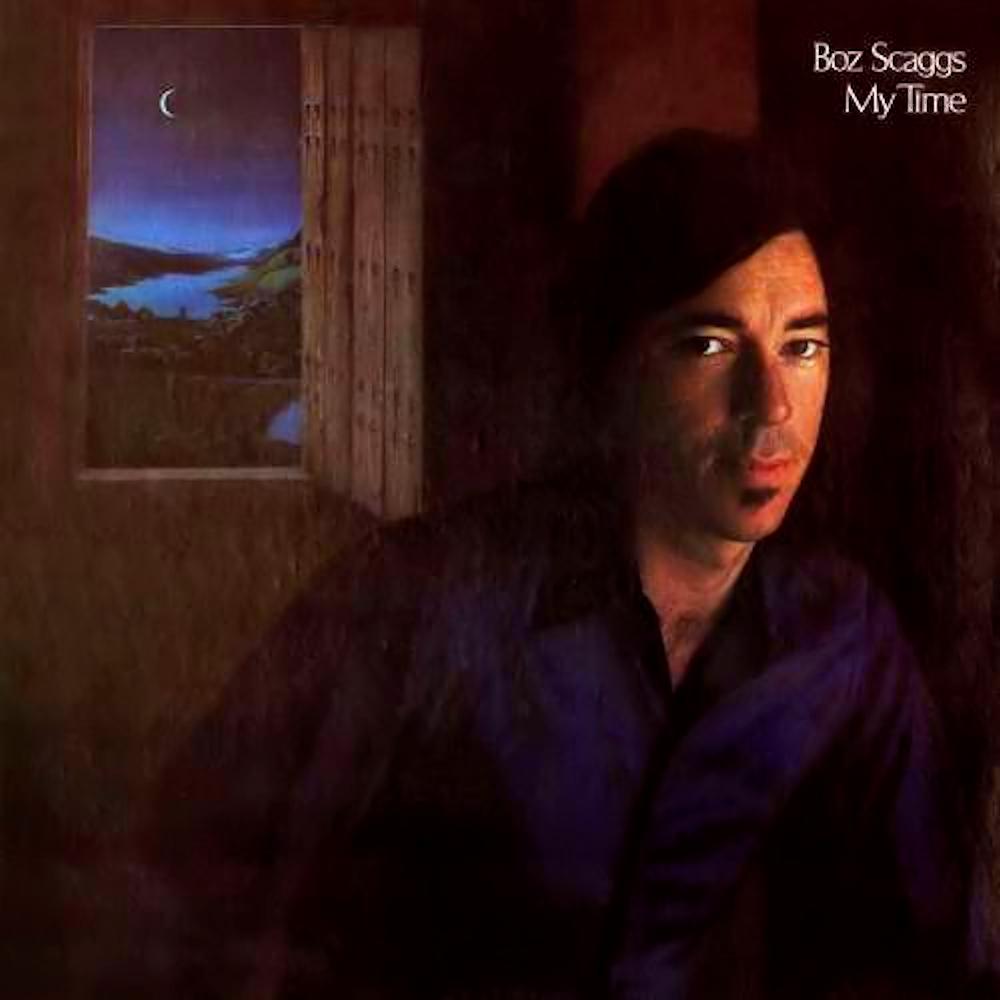
Album Information:
Album ID: 10039
About The Clash:
The Clash is a British punk rock band that emerged in the late 1970s and was one of the most influential bands of the genre. The band was formed in 1976 in London and consisted of Joe Strummer on vocals and rhythm guitar, Mick Jones on lead guitar and vocals, Paul Simonon on bass guitar, and Topper Headon on drums.
The band's music was a fusion of punk rock with reggae, ska, dub, and rockabilly. They were known for their politically charged lyrics that tackled issues such as social justice, anti-racism, and anti-fascism. The Clash's music was a reflection of their working-class roots and their commitment to social activism.
The Clash released their self-titled debut album in 1977, which featured classics such as 'White Riot', 'London's Burning', and 'Police and Thieves'. The following year, they released their second album 'Give 'Em Enough Rope', which was produced by Sandy Pearlman.
The band's breakthrough album was 'London Calling' in 1979, which was a critical and commercial success. The album showcased the band's versatility and experimentation with different genres, while still staying true to their punk roots. The album included hits such as 'London Calling', 'Train in Vain', and 'Clampdown'.
The Clash continued to release music through the 1980s, including the albums 'Sandinista!' (1980) and 'Combat Rock' (1982). While their style shifted towards a more commercial sound, they remained politically active and socially aware.
The band disbanded in 1986 due to internal conflicts and personal issues. However, their influence has continued to be felt in the music world, with bands such as Green Day and The Red Hot Chili Peppers citing them as a major influence.
The Clash's impact on popular culture is undeniable, particularly in the realm of social activism and political punk rock. The band's legacy has continued to inspire generations of musicians and activists alike, making them one of the most important bands in the history of punk rock.
About the album Give 'Em Enough Rope:
Give 'Em Enough Rope is the second album by the pioneering punk rock band The Clash. Released in 1978, it features eleven tracks that explore themes of rebellion, social injustice, and political commentary.
The album opens with 'Safe European Home,' a song that addresses the experience of the band's trip to Jamaica to record their first album. The track is followed by 'English Civil War,' a song that pays tribute to the English working class and their struggles for rights and justice.
'Tommy Gun' is a high-energy punk rock anthem that takes aim at the glamorization of violence and militarism. 'Julie's Been Working for the Drug Squad' is a critique of police surveillance and drug enforcement, while 'Stay Free' offers a nostalgic reflection on friendship and youthful rebellion.
'Cheapskates' tackles the issue of corporate greed and exploitation, while 'All the Young Punks (New Boots and Contracts)' provides an optimistic vision for the future of youth culture.
The album's title track, 'Give 'Em Enough Rope,' is a social commentary on the problems of power and domination. 'Guns on the Roof' addresses gun violence and political violence, while 'Drug-Stabbing Time' focuses on the issue of addiction and drug abuse.
Finally, the album closes with 'Last Gang in Town,' a song that reflects on the band's own identity and place in the punk rock scene.
Overall, Give 'Em Enough Rope is a powerful and dynamic album that showcases The Clash's unique sound and political consciousness. It represents a significant contribution to the punk rock canon and remains a classic album in the genre to this day.
Members:
The Clash was an English punk rock band that emerged in the late 1970s. The band was composed of the following key members:
1. Joe Strummer (vocals, guitar) - Joe Strummer was born in Turkey on August 21, 1952. He moved to England as a child and attended art school before becoming involved in the punk rock scene. Strummer became the lead vocalist and guitarist for The Clash in 1976 and helped to shape the band's politically charged lyrics and socially conscious image. Strummer remained with The Clash until their breakup in 1986 and continued to pursue a solo career until his death in 2002.
2. Mick Jones (guitar, vocals) - Mick Jones was born in London on June 26, 1955. Jones became interested in music at a young age and began playing guitar in various bands. He joined The Clash in 1976 and became the band's lead guitarist and co-vocalist. Jones was known for his innovative guitar playing and songwriting contributions to the band's albums. He remained with The Clash until 1983 and later formed the band Big Audio Dynamite.
3. Paul Simonon (bass guitar, vocals) - Paul Simonon was born in London on December 15, 1955. He met Mick Jones in art school and the two formed The Clash in 1976. Simonon played bass guitar in the band and provided backing vocals. In addition to his musical contributions, Simonon was also known for his iconic stage presence and fashion sense. After The Clash, he pursued a career as a visual artist.
4. Topper Headon (drums) - Topper Headon was born in London on May 30, 1955. He joined The Clash as a drummer in 1977 and played on some of the band's most popular albums, including London Calling and Combat Rock. Headon was also a skilled pianist and contributed to The Clash's songwriting. However, his battle with drug addiction led to his departure from the band in 1982.
In addition to these key members, The Clash also had several other musicians play with the band over the years, including Terry Chimes, Nicky 'Topper' Headon, and Vince White.
Track List for Give 'Em Enough Rope:
1. 'Safe European Home' (3:50) - The opening track, 'Safe European Home' tells the story of the band's trip to Jamaica and their encounter with locals who weren't pleased with the 'white man's invasion' of their land. Musically, it features the signature Clash sound of fast-paced punk rock with a catchy chorus.
2. 'English Civil War' (2:35) - A political song that talks about the English Civil War and how it was fought for the wrong reasons. It's characterized by its bouncy rhythm, catchy chorus, and simple yet effective guitar riff.
3. 'Tommy Gun' (3:13) - One of the most popular songs from the album, 'Tommy Gun' is a fast and aggressive track that criticizes the glamorization of guns and violence in pop culture. Its catchy chorus and hard-hitting guitars make it a standout track.
4. 'Julie's Been Working for the Drug Squad' (3:03) - A sarcastic take on the drug enforcement agencies, 'Julie's Been Working for the Drug Squad' features elements of reggae in its rhythm and a horn section that gives it a lively feel.
5. 'Last Gang in Town' (5:14) - The longest track on the album, 'Last Gang in Town' is a slow-burning track that features a driving bass line and a catchy chorus. It tells the story of a group of troublemakers who feel like they're the only ones left in their scene, hence the title.
6. 'Guns on the Roof' (3:15) - Another political track, 'Guns on the Roof' talks about the government's abuse of power and the police's excessive use of force. It's characterized by its fast-paced rhythm and catchy chorus.
7. 'Drug-Stabbing Time' (3:43) - One of the lesser-known tracks on the album, 'Drug-Stabbing Time' features a reggae-inspired rhythm and tells the story of addiction and the desperate measures people take to feed their habits.
8. 'Stay Free' (3:40) - A touching and sentimental track, 'Stay Free' talks about the bond between two friends and the struggles they face as they grow older. It features acoustic guitar and a heartfelt vocal performance from lead vocalist Joe Strummer.
9. 'Cheapskates' (3:25) - A fast and aggressive track, 'Cheapskates' talks about the exploiters who take advantage of the working class and the struggles of everyday people just trying to get by.
10. 'All the Young Punks (New Boots and Contracts)' (4:56) - The closing track on the album, 'All the Young Punks' is a nostalgic anthem that celebrates the punk rock scene and the people who were a part of it. Its catchy chorus and upbeat rhythm make it a great closer to the album.
Discography for The Clash:
Sure! Here is The Clash's discography in chronological order:
Albums:
1. The Clash (April 8, 1977)
2. Give 'Em Enough Rope (November 10, 1978)
3. London Calling (December 14, 1979)
4. Sandinista! (December 12, 1980)
5. Combat Rock (May 14, 1982)
6. Cut the Crap (November 4, 1985)
Singles/EPs:
1. 'White Riot' / '1977' (March 18, 1977)
2. 'Remote Control' / 'London's Burning' (June 16, 1977)
3. 'Complete Control' / 'City of the Dead' (September 23, 1977)
4. '(White Man) In Hammersmith Palais' / 'The Prisoner' (June 17, 1978)
5. 'Tommy Gun' / '1-2 Crush on You' (November 24, 1978)
6. 'English Civil War' / 'Pressure Drop' (February 23, 1979)
7. 'The Cost of Living EP' (May 11, 1979)
8. 'London Calling' / 'Armagideon Time' (December 7, 1979)
9. 'Bankrobber' / 'Rockers Galore...UK Tour' (August 8, 1980)
10. 'The Call Up' / 'Stop the World' (May 16, 1980)
11. 'Hitsville UK' / 'Radio One' (July 1980)
12. 'This Is Radio Clash' / 'Radio Clash' / 'Outside Broadcast' (November 20, 1981)
13. 'Know Your Rights' / 'First Night Back in London' (February 1982)
14. 'Rock the Casbah' / 'Long Time Jerk' (June 11, 1982)
15. 'Should I Stay or Should I Go' / 'Straight to Hell' (November 17, 1982)
16. 'This Is England' / 'Do It Now' (September 28, 1985)
Others:
1. 'Black Market Clash' (April 1980)
2. 'Super Black Market Clash' (March 26, 1994)
I hope this helps!


 Last Played: 11/01/24 06:31 AM
Last Played: 11/01/24 06:31 AM Last Played: 11/01/24 06:28 AM
Last Played: 11/01/24 06:28 AM